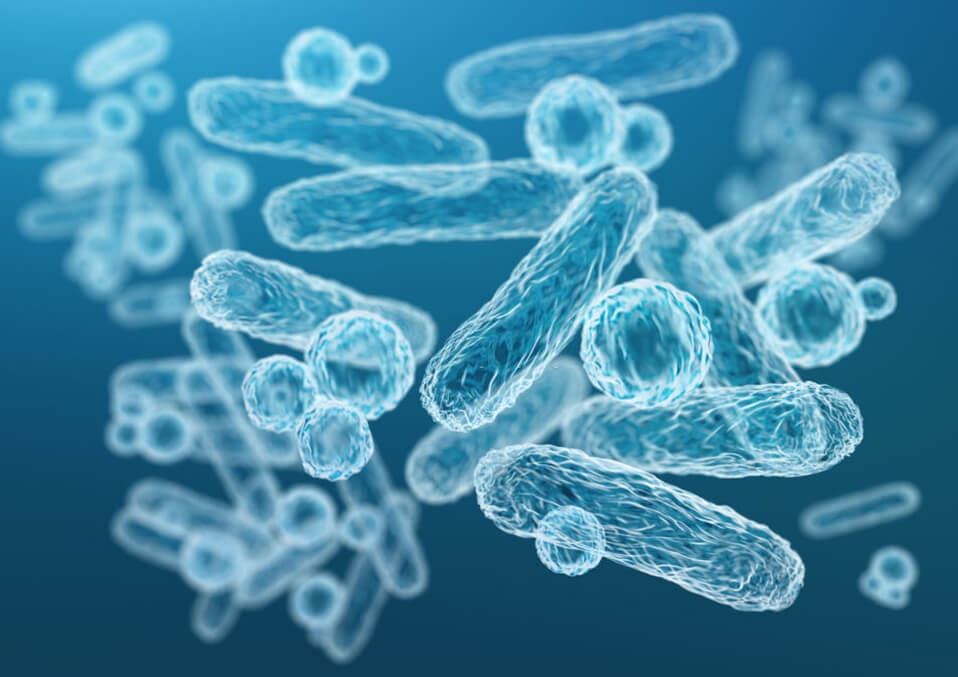Losing a baby due to stillbirth is heartbreaking and remains a sad reality for many couples and families. It is a serious issue that affects the health and overall well-being of the family, most especially the parents. What is stillbirth and why does this happen? Let us find out by reading this article.
What is stillbirth?
A stillbirth’s definition is the loss of a baby before or during the delivery. Some are confused with stillbirth and miscarriage as they are both described as pregnancy loss but they differ in accordance with when the loss happened.
Miscarriage is commonly defined as a loss of a baby before the 20th week of being pregnant, while stillbirth is the death or loss of a baby after the 20th week of pregnancy.
What are the causes of stillbirth?

If you are one of those who’ve had a stillbirth or knows someone who is having the same experience, you may ask why stillbirth exists. Here are the common causes of stillbirth:
1.Placental issues
Placental problems are one of the leading causes of stillbirths in pregnant women. Placenta nourishes the baby inside the womb. When the placenta abrupts it separates too soon from the uterine wall which results in an insufficient supply of oxygen and nutrients that leads to a baby’s death.
Related: 11 Major Causes of Blood Clot Behind Placenta During Pregnancy
2. Birth defects or congenital abnormalities
Did you know that about 15 to 20% of stillborn babies are caused by chromosomal disorders? There are cases that a baby has structural malformations while it is developing in the uterus. Sometimes they are not caused by abnormalities in the chromosomes but can be a result of some genetic and other causes.
Related: Birth defects: Common types and causes
3. Infections

From 24th week to week 27 of gestation is the period when bacteria infections usually take place. These infections are hard to notice as these don’t show symptoms and may not be diagnosed until it leads to serious complications.
Related: Infections And Pregnancy: Watch Out For Complication
4. Restricted fetal growth
Babies whose growth is restricted or babies that are too small can be at higher risk of having asphyxia or a condition where there is a lack of oxygen.
Related: What is Fetal Growth Reduction?
Other causes of stillbirth:
- Medical conditions of the mother such as diabetes, heart disease, or preeclampsia
- Being obese of the mother
- Advanced maternal age
- Trauma or injury to the mother’s abdomen
- Inadequate prenatal care
- Smoking and alcohol
- Malnutrition
- African-American ethnicity
- Emotional factors such as stress and relationship issues
Ways to avoid stillbirth

There are ways on how pregnant women may lower their risk of having a stillbirth. Here are some of them:
- Stay healthy, eat the right kind and amount of food, take prenatal vitamins, most especially folic acid in the first few weeks of pregnancy.
- Attend to all of your antenatal appointments and screenings for you to avoid the possible health issues. Have an ultrasound in your early pregnancy to detect problems with you and your baby.
- Be observant enough to monitor your baby’s movements, especially in the third trimester. If you feel there are changes, let your doctor as soon as possible.
- During the third trimester, it is advised that you sleep on your sides.
Related: Is Walking Safe During Pregnancy?
What are the warning signs?
Should you experience or notice these signs, seek emergency help right away.
- Baby has stopped moving
- Do a daily kick count
- Strong pain and cramps
- Bleeding
- Swelling of the face, feet, and legs that are painful
- Feeling dizzy
- Fever and chills
Final thoughts
If you’ve had stillbirth in the past, it doesn’t really mean that you will have it again in your next pregnancy. However, if it was caused by a chronic illness of the mother or a parents’ genetic disorder, the risk is higher than caused by chromosomal or placental problems.
Parents, especially mommies, now that you know what stillbirth is, do your best to keep yourself and your baby safe. Follow the tips above and make sure to speak to your doctor for proper diagnosis and recommendation so you can have a healthy, memorable pregnancy journey.
Read more:
- Tips on How to Cope with Emetophobia During Pregnancy
- Pregnancy Brain: Loss of Memory While Pregnant
- Ways on How to Prevent Tearing During Labor


